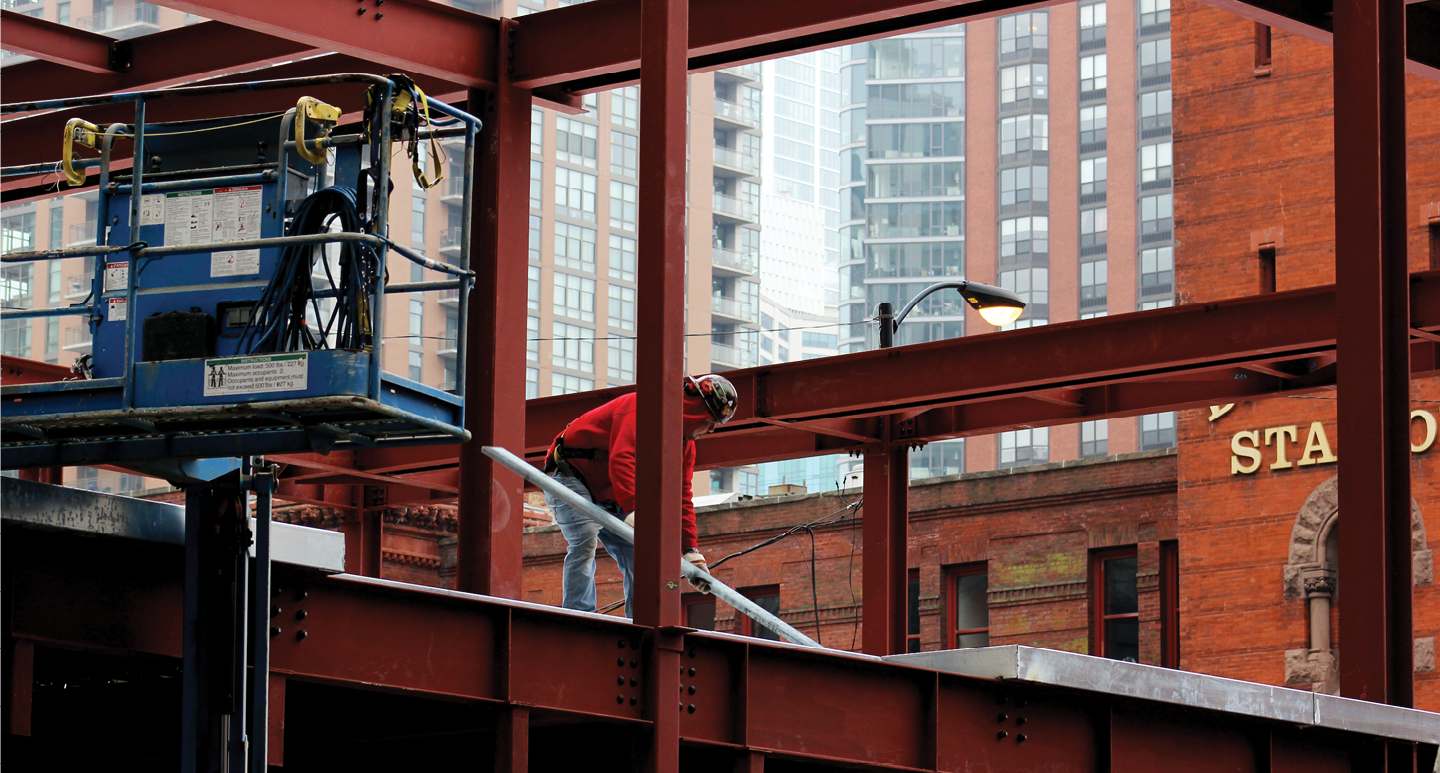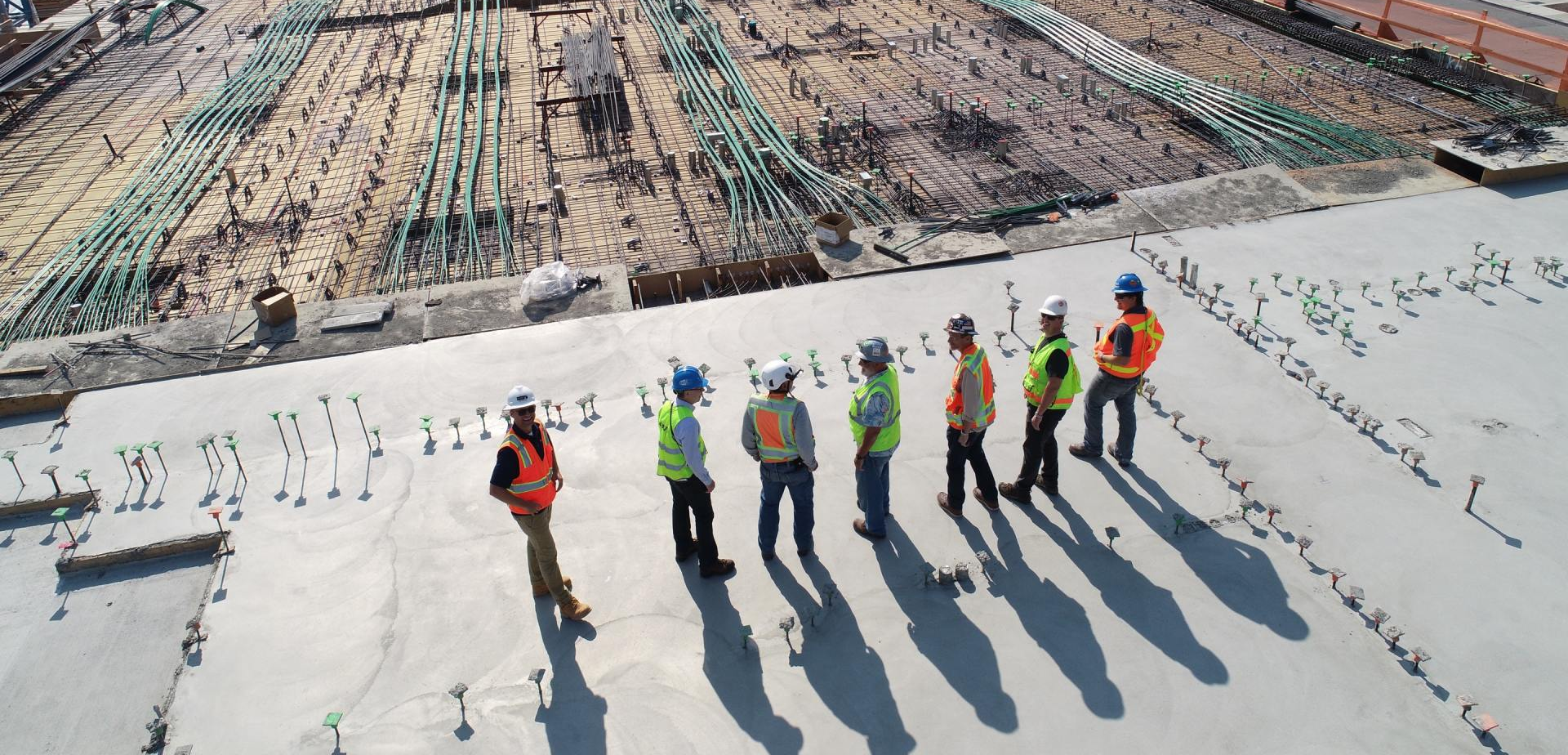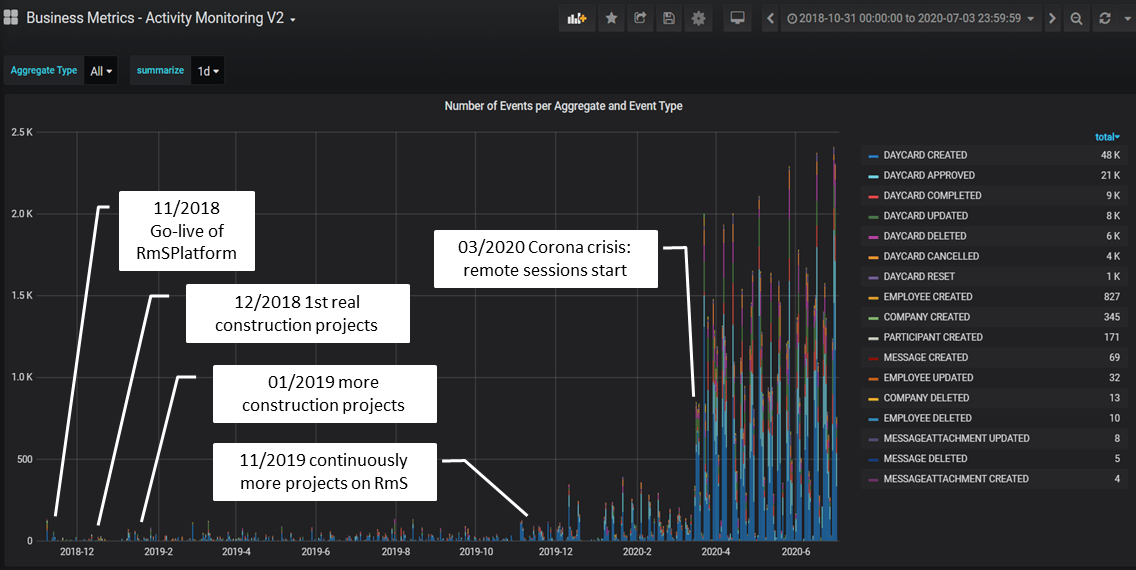Utility Connect Solution Demonstration Shows Potential Savings of $300K-500K
Coordinating Across Complex Industries
Utility connections – electricity,
natural gas, water, and telecommunications – bring new buildings to life, but
the intertwined service installations require an extraordinary level of coordination.
Meticulous site preparation, non-standard infrastructure, and intricate
permitting make new utility connections especially vulnerable to communication breakdowns
and compounded delays that ripple through the entire construction process. The
COVID-19 pandemic has added extra complications ranging from unusual delays to newly
heighten health concerns for an industry that heavily relies on face-to-face
interaction.
All stakeholders have incentives to
complete projects on time and on budget. Real estate developers and contractors
incur financial penalties from construction delays, municipalities lose
property tax revenue from unfinished projects, and utility service providers suffer
in terms of cost, efficiency, and reputation. At the same time, community
residents and neighboring businesses endure prolonged disruption of noise,
dust, and road closures.
When construction circumstances and
schedules change – often due to factors beyond any single stakeholder’s control
– new tools can connect more players more efficiently, thus operationalizing
business processes while minimizing health concerns. Coordinated information
sharing and technology-enabled planning can reduce or avoid many of the
negative impacts of urban construction.
To seize this opportunity, City Tech Collaborative and ComEd convened
Bosch,
HBK Engineering,
AECOM,
Clayco,
and John Buck to launch
the Utility Connect project to test a tool that can share accurate, real-time
data to improve key coordination points and workflows among construction
stakeholders and utility providers and measure the impact on scheduling and
cost savings.
Demonstrating Cost-Savings
The Utility Connect team first identified construction milestones and communication paths that have the most impact on construction schedules and costs. HBK Engineering led a comprehensive review of the interactions of construction stakeholders – developers, contractors, waste operators, City departments, permitting agencies, community stakeholders, and utilities such as ComEd – to create a framework for the design of the tool. This analysis included communication points, dependencies, prerequisites, and milestones that are most critical to maintain project timelines and minimize disruptions. The team also identified opportunities to operationalize the construction process; recommendations ranged from adjusting administrative processes to utility providers sharing more information about an asset’s status in advance of a project.
After the team untangled the intricate workflows of a construction project, the team used Bosch RefinemySite platform, a cloud-based lean construction collaboration solution as the foundation for the Utility Connect project.
Using RefinemySite, utility providers and developers can:
- Collaborate in real-time leveraging Last Planner System® principals.
- Measure KPIs and responsiveness to increase accountability, track project status, and assess milestones and overall performance
- Provide information to understand a site’s readiness to avoid future delays
- Review initial plans, check clearances, and identify problems before implementing additional steps
- Coordinate multi-utility and public sector requirements to improve efficiencies
- Create templates that can be approved, validated, and updated by each permit user to improve stability and consistency when there are many simultaneous projects
- Use templates with pre-existing assignments based on standardized job types to increase efficiency as scale increases
- View projects at a high level to better coordinate among developers, utilities, and city planners, which would reduce the frequency of community-level disruptions.
In mid-May 2020, the Utility Connect team simulated use of RefinemySite on a Clayco construction project. The exercise surfaced common issues of construction projects across the world: missing documents, design delays, and mistakes due to shifting staff capacity continue to cause interruptions that ripple through the construction process. The team demonstrated that a real-time data and communications tool can offer concrete steps to improve collaboration such as ensuring timely documentation, improving critical information exchange, and increasing tracking and accountability across stakeholders.
By implementing RefinemySite to share real-time data and communications, the construction project could have avoided delays and saved an estimated $300,000 - $500,000 in direct costs and labor.
Collaborating for Maximum Impact
Unexpected construction plan changes may be inevitable, but costly utility disruptions are not. Despite construction sites requiring an extraordinary level of collaboration limited time, money, and incentives have kept stakeholders from effectively communicating across channels.
The Utility Connect project allowed multiple stakeholders to look beyond their individual roles to find areas for improvements in the overall construction process. City Tech’s solution methodology accelerated innovation by convening stakeholders, structuring the process, and identifying shared incentives across organizations. Project participants tested a new tool using actual construction data, realizing improvement in utility service coordination as well as finding improvements in the construction process that ranged from project sequencing to timing when each organization should occupy the site.
Looking Forward
The Utility Connect project demonstrated that collaboration can solve even the most complex challenges. Technology-enabled solutions, information-sharing, and coordinated action are streamlining construction projects and enabling dynamic responses to our world’s ever-changing landscape.
Taking the feedback from this effort, Bosch RefinemySite team is continuing to update the RefinemySite platform for construction stakeholders, and the latest version of the software is ready for use. Over 300 construction projects globally already trust RefinemySite to manage their lean construction projects. The COVID-19 pandemic has further accelerated the demand for RefinemySite since virtual and effective collaboration has become a new reality among the construction community.
Below
is a recent graph showing accelerated pace of adoption of RefinemySite platform
in recent months.
In view of the current socio-economic situation, the RefinemySite team is very humbled to share free access to the RefinemySite software for up to 24 months for your first project. Please contact Rafael Franca, Senior Business Development Manager at Bosch, for offer validity and getting started with your RefinemySite journey (email: Rafael.Franca@us.bosch.com).
For more information on the Utility Connect Solution, please visit www.CityTech.org/Utility-Connect.
City Tech thanks the following team members for their time and valuable contribution to the Utility Connect project.
City Tech Collaborative
David Leopold
George Letavish
ComEd
Melissa Washington
Steve Kirk
Bosch
Rafael Franca
Anurag Nandan
HBK Engineering
Roger Rehayem
Eric Bergstrom
James Jackson
AECOM
Bill Abolt
Michael Appelbaum
Clayco
Alan Schachtman
Andrew Savoy
The John Buck Company
Barbara Hickey
Additional support and leadership provided by the broader ComEd, Bosch, HBK Engineering, AECOM, Clayco, and John Buck Company teams.
About City Tech Collaborative (City Tech):
City Tech is an urban solutions accelerator that tackles problems too big for any single sector or organization to solve alone. City Tech’s work uses IoT sensing networks, advanced analytics, and urban design to create scalable, market ready solutions. Current initiatives address advanced mobility, healthy cities, connected infrastructure, and emerging growth opportunities. City Tech was born and raised in Chicago, and every city is a potential partner. Visit www.CityTech.org
and follow us on Twitter and LinkedIn.



